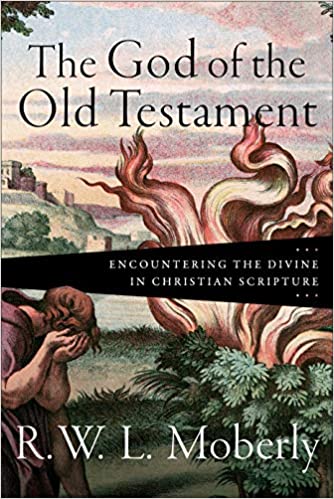Q. On p. 120 you raise one the endemic problems for Biblical interpretation for people of Christian faith— how literally should one take the text? How much imaginative flexibility should we exercise in the faithful interpretation of Scripture? One rule of thumb I always employ is begin with being aware of the kind or genre of literature one is interpreting. It’s one thing to interpret a psalm, like Ps. 82 which is indeed in poetic form. It’s quite another entirely to interpret for example, ‘thou shalt not commit adultery’, though I suppose one can still ask what counts as adultery. What further guidance can you give us on our journey to be both faithful to the original context and meaning of the text, and at the same time ask the broad questions of what notes or themes a text draws our attention that could be helpfully applied today?
A. A major part of the difficulty here is that we do not know the genre of the biblical literature in the way that we would like. No literary/rhetorical handbook from Hebrew antiquity has come down to us! That means we must infer the genre of the text through prolonged immersion in it, and careful consideration of what are the questions which can fruitfully be put to the text, and what are the questions to which the text remains opaque. This is where it can also be helpful to be reasonably well read in other, non-biblical, literature from antiquity onwards, so that one gets some sense of the many and various ways in which literature seeks to depict reality.
Scholars can be most helpful to general Christian readers not by quickly opting for genre labels (“history”, “theology”, “legend”, “myth”, or whatever) whose sense is often wide-ranging and contestable, but rather by showing what are fruitful questions to put to the text. For example, in the Flood story the point of the dove with the olive leaf is clear – to show that regular conditions of life on earth are now resuming; and so the following week the dove does not need to return to the ark at all, as she can make a nest somewhere (Gen. 8:8-12). The story’s assumption is that when the flood waters recede, regular conditions of life straightforwardly resume. This is fully meaningful within the story. If we put the question “But what would an olive tree really be like after a year under the sea, and how soon, if at all, would it be able to sprout a leaf?” we are trying to fit the story into technically-oriented categories of “how things work”. But this only shows that the story is opaque to such a question. The question does not help our understanding of the point of the story (it can quickly take us away from it), though it does suggest that the non-fit of the story with certain categories of understanding is indicative of the genre of the story (as is, in a different way, the reporting of divine thoughts and soliloquies in Gen. 6:5-8, 8:21-22, which are intrinsically inaccessible to any human observer).












